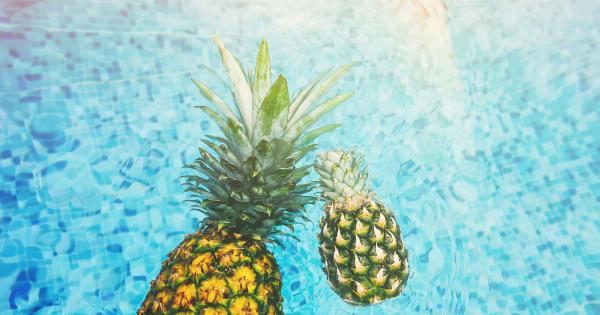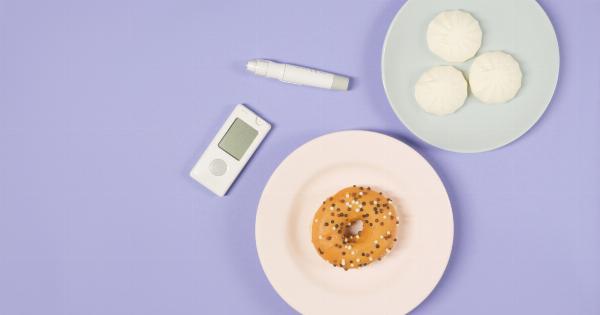Getting braces can make eating seem like a challenging task. You may have to avoid certain foods to prevent damaging your braces. Special occasions like weddings, birthday parties, or family gatherings can make the task even more challenging.
Here are some tips on what foods to enjoy and avoid with braces when attending special occasions.
Foods to Enjoy
Just because you have braces doesn’t mean you can’t enjoy your favorite foods. Here are some braces-friendly foods you can enjoy during special occasions:.
Fruits
Fruits are an excellent choice for those with braces. They are nutritious and easy to eat. As long as you cut them into small pieces or remove the skins, fruits like bananas, kiwis, and berries are safe to consume with braces.
Avoid biting into hard fruits like apples and pears, as well as fruits with pits like cherries and peaches.
Soft Cheeses
Soft cheeses like brie, ricotta, and cream cheese are great options for people with braces as they are easy to chew and won’t damage the braces. You can enjoy them as a snack or as part of a meal.
Soft Foods
Soft foods like mashed potatoes, cooked vegetables, and soups are great choices for people with braces. They are easy to chew and won’t cause damage to your braces. You can mix and match ingredients to create a variety of delicious meals.
Soft Breads
Soft bread like pita bread, tortillas, and naan are excellent choices for people with braces. They are easy to bite and won’t damage your braces. You can enjoy them with different fillings to create a variety of sandwiches and wraps.
Desserts
Who doesn’t love desserts? People with braces can still indulge in sweets as long as they choose the right ones. Soft desserts like pudding, ice cream, and cake are safe to consume with braces.
Avoid hard candy, popcorn, and sticky candies like caramel and taffy as they can damage your braces.
Foods to Avoid
While there are plenty of braces-friendly foods you can enjoy, there are also some foods you should avoid entirely to prevent damaging your braces. Here are some examples:.
Hard Foods
Hard foods like nuts, hard candies, popcorn, and ice can damage your braces if you bite down too hard. These foods can also get stuck in between your braces, causing discomfort and potential damage.
Gummy and Sticky Foods
Sweets like caramels, taffy, and fruit snacks may taste delicious, but they are harmful to your braces. These foods can stick to your braces and cause damage when you try to remove them. You should also avoid chewing gum when you have braces.
Corn on the Cob
Corn on the cob is a summertime favorite, but it’s best to avoid it when you have braces. The kernels can get stuck in between your braces and cause discomfort and potential damage.
Hard and Chewy Bread
Bread with a hard crust like bagels and French bread can cause damage to your braces. Similarly, chewy bread like baguette and sourdough can get stuck in your braces, making it difficult to clean them.
Raw Vegetables and Fruits
While fruits and vegetables are generally safe to consume with braces, you should avoid eating them in their raw form. Raw carrots, celery, and apples are hard and can damage your braces. Cut them into small pieces to make them easier to eat.
Conclusion
Eating with braces may seem like a challenge, but it’s all about making the right choices. When attending special occasions, choose foods that are safe for your braces like soft fruits, cheeses, and bread.
Avoid hard and sticky foods that can cause damage to your braces. Remember to brush and floss regularly to keep your braces clean and in good condition.






























